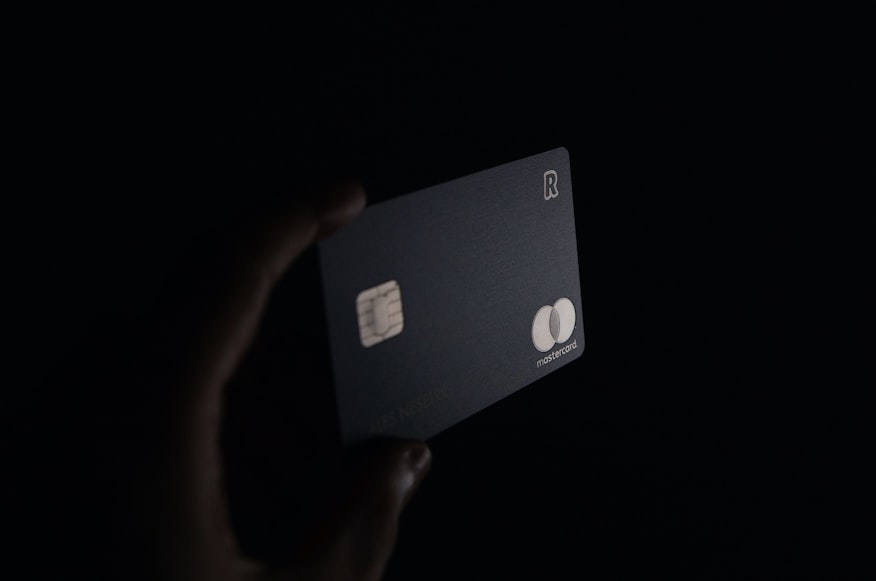When did credit scores start?
When did credit scores start?
Whether you're applying for your first credit card or a mortgage, your credit score will play a significant role in determining whether or not you'll be able to meet many of your financial objectives. Your credit report and three-digit credit score number can also influence how much interest you'll have to pay on loans, as well as the types of loans or credit cards you'll be eligible for.
Credit reports and credit scores, as we know them today, are the result of a long history of merchants and lenders gathering information and using it to determine whether a potential borrower would be able to repay their loans in full and on time.
Select spoke with Josh Lauer, associate professor of communication at the University of New Hampshire and author of "Creditworthy: A History of Consumer Surveillance and Financial Identity in America," to learn more about the origins of credit scoring and credit reporting, and how they came to play such an important role in our lives.
Our best picks delivered to your inbox. Weekly shopping recommendations to help you improve your life. Register here.
Credit reporting is becoming more popular.
Commercial credit reporting existed before credit scoring. Commercial credit reporting, as opposed to consumer credit reporting, in which individuals are evaluated for their credit risk level, was originally used by merchants to assess the creditworthiness of potential business customers.
The Mercantile Agency was established in 1841 as one of the first commercial credit reporting agencies, employing correspondents to collect information about lenders and borrowers across the country. It was similar to a modern-day credit reporting agency in that it collected information about a businessperson's marital status, ethnic background, credit history, and age, which was then entered into a ledger that was centralised in one location, New York City.
This type of credit reporting relied on subjective methods of evaluation, in which correspondents evaluated people based on their racial background, gender, and moral character.
Consumer credit reporting did not take off until the late nineteenth century, when department stores and mass retailers became popular.
Some mass retailers were instalment houses, selling items like furniture and drugs to customers through instalment loans. The retailers needed a way to attract customers while also ensuring that they would be paid back, so they gathered customer information and submitted it to a local credit bureau.
While there are three major consumer credit bureaus today — Equifax, Experian, and TransUnion — developing a national centralised credit bureau would take hundreds of years.

.png)



Post a Comment